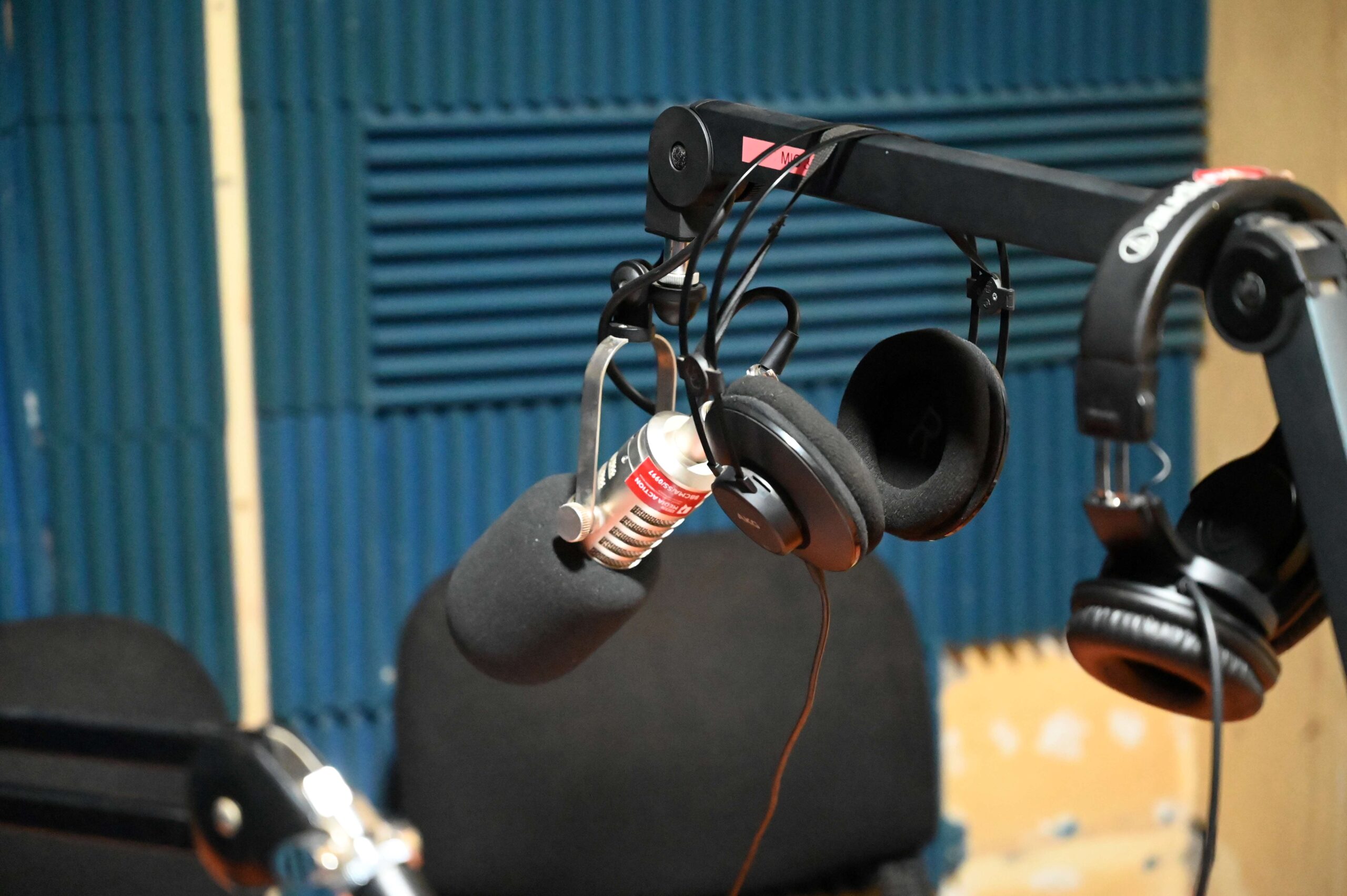
Last week saw two major international days where the subject of plastic is doing major damage. World Ocean Day and World Environment Day spotlight the very same problem of ‘persistent pollution’ – termed for plastic taking hundreds (or even thousands) of years to decompose contributing to litter and landfill polluting wildlife and waterways. Its production and incineration is also a source of global CO2 emissions as its breakdown into microplastics contaminating our seas and harming ecosystems.
Plastic pollution effects all of us and in South Sudan, radio is being used to bring positive change and ignite in communities the urgency to care for our common home.
Emmanuel Loboka, writes of the importance and influence of radio which can mobilize people for climate action:
“Plastic pollution has become a challenge as it not only harms our environment but also kills our domestic animals and affects our soil.”
In recognition of World Environment Day, various communities and organizations across the country have participated this year by hosting cleaning campaigns and radio programs focused on the theme of combating plastic pollution. These initiatives aim to address the challenges posed by plastic, highlight potential solutions and alternatives, and raise awareness about our role in protecting the environment from plastic pollution.
In Lake State, Rumbek, the Jesuits working in South Sudan have also taken the opportunity to advocate for environmental protection.
They have been actively raising awareness about plastic pollution. Recently, a radio program on this issue was hosted by Emmanuel Loboka and Joseph Manyang, both of whom are Journalists with the Catholic Radio Network at Radio Good News. Emmanuel serves as a communications officer and advocate for Jesuit Development in South Sudan, while also working part-time as a journalist.

Emmanuel Loboka, Radio host and officer with Development office in Rumbek.
The program reached all eight counties of Lakes State, as well as the counties of other states (Tonj, Payinjar, Mayom, and Mvolo) in Rumbek. A total of 111 participants actively engaged, with 16 successfully contributing to the two-hour program on air. There were 41 male and 54 female missed calls.
One female participant from Maluual Kodi, a residential area in Rumbek, expressed her concerns about the difficulties in controlling the use of plastic bags.
She urged the government and the community to take action and suggested that the state government should place trash bins in the corners of the city for easier collection of plastics. She also encouraged vegetable sellers to avoid using plastic bags and urged her fellow women to come to the market with shopping baskets made from palm tree leaves (gufa).
Another caller, Makur Mlual in Rumbek town, appreciated the program, stating that plastic pollution has become a challenge as it not only harms our environment but also kills our domestic animals and affects our soil. He noted that we are losing grazing lands because of plastic waste.
In recent years, many people have shifted towards buying take-out or fast food, which typically involves a significant amount of plastic packaging. We discussed the importance of cooking at home and suggested using reusable containers instead of relying on bottled water. For example, asking for water in a glass or using a reusable bottle can significantly reduce plastic waste. Additionally, many have shared traditional methods for cooling water, such as using clay pots.

Joseph Manyang, Co-Host.
Creating home gardens can also help reduce plastic consumption. The more frequently women visit markets, the more pressure they face to purchase items that contribute to plastic waste.
By reducing reliance on market purchases, individuals can help minimize plastic waste. Women today should consider returning to environmentally friendly alternatives like baskets made from palm tree leaves (Gufa).
Promoting the use of sustainable materials is essential in this effort. It could be a great idea for our women farmers to initiate a program for producing these baskets, especially since there are many suitable trees available here in Lake State.
Overall, training women in basket-making not only addresses the issue of plastic pollution but also helps create additional income for the women involved.
Anthony Akot has suggested that everyone should collect plastic waste at home and manage it responsibly, including burning non-recyclable plastics. He emphasized the importance of helping the environment by avoiding the purchase of plastic bags.
Finally, many women are already recycling water and soda bottles to package products like milk, honey, and cooking oil, raising concerns about hygiene and safety. To improve these practices, we can utilize containers we already have at home, such as jars or metal food containers, which can be washed and reused. Some advice for recycling plastic bottles for non-food items, such as liquid soap and other non-food items like flower bouquets.
Although it may appear small, the impact of climate advocacy is bringing about change – building a sense of ownership and responsibility to take care of our local environments.
Thanks to our development partners and agents of change like Emmanuel and Joseph – these important conversations can start.
To see more on how our radio projects are making an impact, click: here

